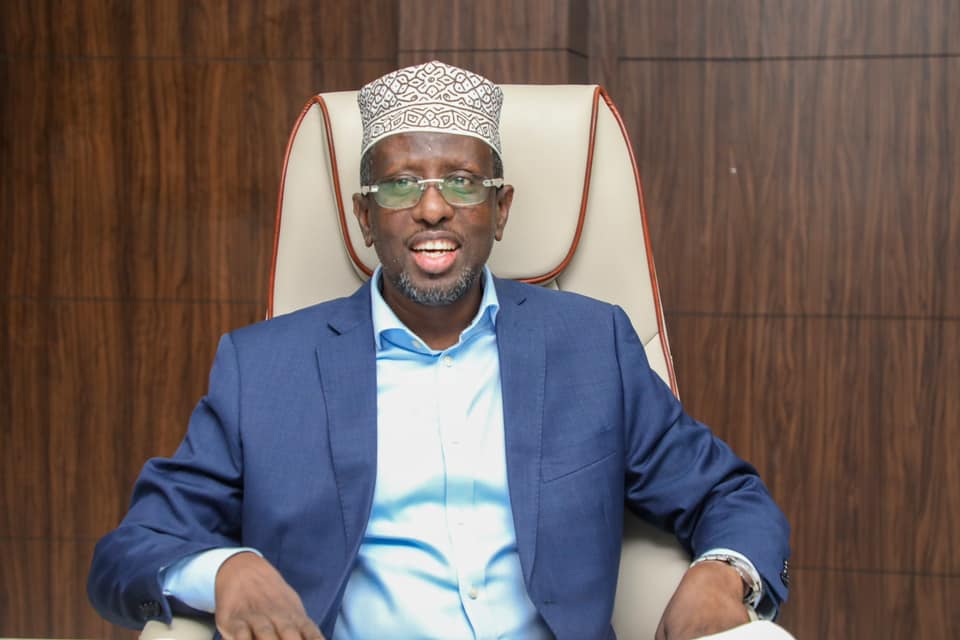As the ravages of the COVID-19 pandemic continue to reverberate around the world, a daunting statistic has emerged, indicating a reversal of a previously encouraging trend. Despite global efforts to combat poverty under the UN’s Sustainable Development Goals (SDGs) framework, 120 million people have slipped below the poverty line in the past three years.
This grim revelation forces an acknowledgement that the existing approaches are failing to deliver the promised change. Climate change looms large and unrelenting. Unprecedented and devastating natural disasters are becoming the norm rather than the exception, exacerbating existing problems and adding new dimensions.
The frequency and intensity of such events have had a profound impact, particularly on regions already reeling under the weight of economic constraints. Droughts, for instance, have plagued regions worldwide, crippling agricultural sectors and affecting food security, an untenable situation that demands an urgent global response.
Further complicating this cocktail of crises is the escalating issue of unsustainable debt trajectories. Countries worldwide, particularly those on the economic periphery, are finding themselves mired in seemingly insurmountable debt. With economies stagnated by the pandemic and the rising costs of addressing these issues, a vicious cycle of debt has ensnared many countries, threatening to stifle their development for years, if not decades, to come.
To address these mounting global crises, French President Emmanuel Macron called an unconventional summit held in Paris last week, where Prime Minister Abiy Ahmed (PhD) and his team were among the attendees.
In this crucial moment of global crisis, the world looks to the French-led summit for a blueprint for action, the necessary spark to ignite a shift in the collective approach to tackling poverty, climate change, and debt, says Remi Marechaux, France’s Ambassador to Ethiopia.
“The summit stands as a testament to our capacity for ingenuity and adaptability in our efforts to confront them,” he told our Managing Editor, Tamrat G. Giorgis, who spoke with him and Lucile Porte, deputy head of mission for the economic department. “However, the road to solutions will be fraught with fierce debates and complex negotiations, as these challenges intersect with powerful vested interests.”
Once a Director General for Africa at the French Ministry of Foreign Affairs, and a former ambassador to Kenya and Somalia, the Kiswahili-speaking diplomat is a seasoned hand in Africa’s affairs. He emphasised that last week’s summit was more than another diplomatic gathering. It recognised the stark realities of an interconnected world, a call for a more integrated and inclusive approach to combating global issues.
The stakes are high, but so too is the potential for transformative action that could redefine the collective future. As the world watches, the summit carried the hope and the promise of a unified approach to global challenges, from fighting poverty and mitigating climate change to managing debt.
Jun 24 , 2023










